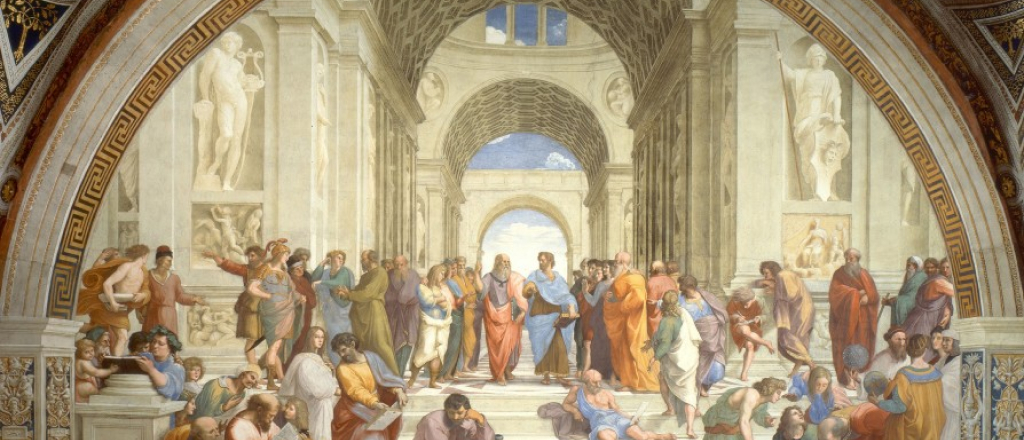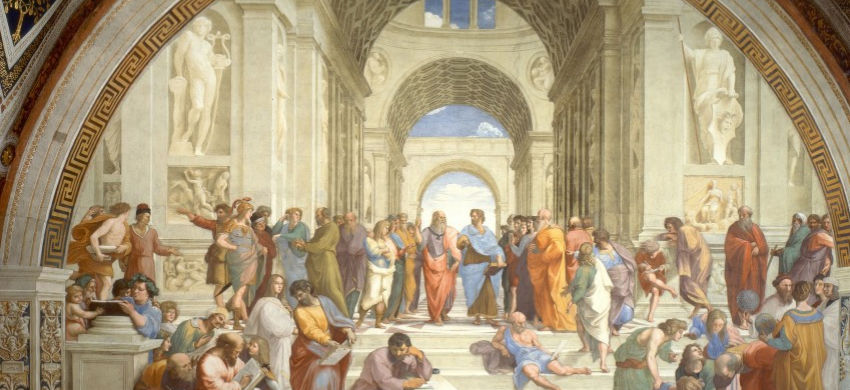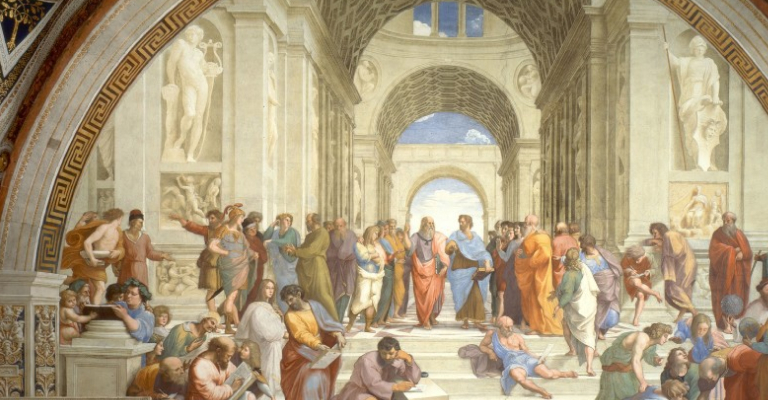There are no required courses for the Philosophy major at Yale-NUS. This page presents a catalogue of sample courses regularly offered by the Philosophy major. In parentheses, there is an indication of how each course fulfils certain required dimensions of your philosophy training:
Traditions:
- Africana (Af)
- European (Eu)
- Indian (Ind)
- Chinese (Ch)
- Latin American (La)
Skills:
- Textual Analysis (Text)
- Formal Analysis (Form)
- Problem Solving (Prob)
- Applications (App)
Representative recent course offerings include:
YHU 2241 Why Be Moral?
It is often thought that we ought to be just, kind, generous and more; in short, that we ought to be moral. But why be moral rather than simply heeding our unjust, callous, and selfish urges? This course is a systematic inquiry into this question. (Prob/Eu)
YHU2313 Introduction to the Philosophy of Art
How might one go about answering the question ‘What is Art?’? This course introduces students to the history of the philosophy of art, and gives them an overview of the key questions and theories, raised by philosophers, poets, painters and writers of literature, that have shaped the field and that direct both our experience and our understanding of Art. (App)
YHU2324 Global Justice and Bioethics
This course invites students to think more deeply about the nature of health, disease, and medicine, and to connect these with issues of global justice. The course will explore current debates about the just distribution of health and healthcare resources and the ways in which culture, politics, and economics shape the global public health landscape. (App)
YHU2327 Conceptions of Freedom in Classical Chinese Philosophy
This course examines different classical philosophers in China through the notion of freedom, and, also, reflects on common cultural tropes about Chinese intellectual history. We will think through the nature of the individual self, the existence of human will, and the relation of that self to society via varying Chinese intellectual traditions, from Confucianism and Daoism to Legalism among others. By the course’s end, students are expected to have acquired a critical awareness of the diverse perspectives of Chinese philosophers on metaphysical and political freedom. (Text/Ch)
YHU3356 Early Modern Empiricism
Early Modern Empiricism is a course in the history of philosophy. Its primary focus is to track the emergence and development of British Empiricism through the writings of John Locke, George Berkeley and David Hume. In doing so, the course aims to disabuse any anachronistic distortion that supposes the three thinkers to be members of a common school with a common philosophical agenda. (Text/Eu)
YHU4245 Perception
Perception is as important as it is puzzling: it is one of our most fundamental ways of knowing about the world, it is prior to thought in some important sense, it is a form of consciousness, and it is a basic source of knowledge. In this course, we ask what perception is and why it behaves in these ways. (Prob)
YHU2279 Philosophy as a Way of Life
What is it to live as a philosopher? Is it simply to study one academic subject among many? Or is it to practice an art of living that can transform one’s existence? We explore responses to these questions in Greco-Roman, Chinese, and modern Anglophone and European thought. Topics include philosophy’s academic institutionalisation; protreptic arguments for pursuing philosophy; therapeutic arguments; spiritual exercises and techniques of self-cultivation; and philosophy as a way of life and “religion.” (App/Old/.5 Eu/.5 Ch)
YHU2315 Classical Indian Philosophy
Get introduced to one thousand years of Indian philosophy (200 CE – 1300 CE). In this course we will ask questions like: What is reality, and how do we fit into it? Is the world we experience an illusion? Are there other minds, and can I know them? Can I even know my own mind? Is there a divine being or beings? How can we know the answer to these questions? How should our answers to these questions guide our lives? (Text/Old/In)
YHU2321 Virtue, Reason, and Human Nature
In the wake of the second World War, Oxford philosophers Iris Murdoch, Elizabeth Anscombe and Philippa Foot recognized the imperative for a new mode of moral philosophy, at once ambitious and fully natural. They initiated what became the reclamation of the resources of the Greek tradition, primarily Aristotle, in Anglophone moral thought. This course explores the naturalised rationalism and moral psychology of neo-Aristotelian virtue ethics: What is a virtue? What are the virtues, and why? How can moral thought respect both our rationality and our animality, both our common humanity and our diversity? And might there be something still better than virtue? (Prob/New)
YHU3214 Indian Buddhist Philosophy
There is no self – but what does that mean? Is this a metaphysical or practical claim? How am I to come to know it, and why should that knowledge lead to cessation of suffering? This course examines the first thousand years of Buddhist philosophy in India, focusing on debates and competing interpretations of central Buddhist ideas in metaphysics, epistemology, ethics (no self, conventional/ultimate reality, wisdom and compassion) and at the intersections of the areas. (Text/Old/In)
YHU3294 Socrates on Trial
In 399 B.C.E., an Athenian jury tried and condemned the philosopher Socrates. Why? This course offers an historically immersive examination of this pivotal event, with a focus on its philosophical, political, religious, and legal dimensions. (Text/Old/Eu)
YHU4220 The Political Philosophy of Spinoza
There has been a recent surge of interest in the political philosophy of Benedict de Spinoza. He has been hailed variously as the originator of an enlightenment more radical than that of the philosophes or as a conservative thinker; as an early champion of liberalism, or as a proto-Marxist materialist; as an atheist hostile to religion or as a defender of religious forms; as an arch-rationalist, or a champion of the imagination. Our task will be to read the original texts on their own terms and navigate the contemporary debates over those texts’ significance. (Text/Old/Eu)




